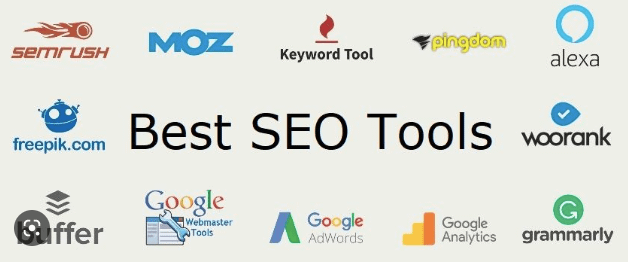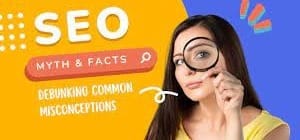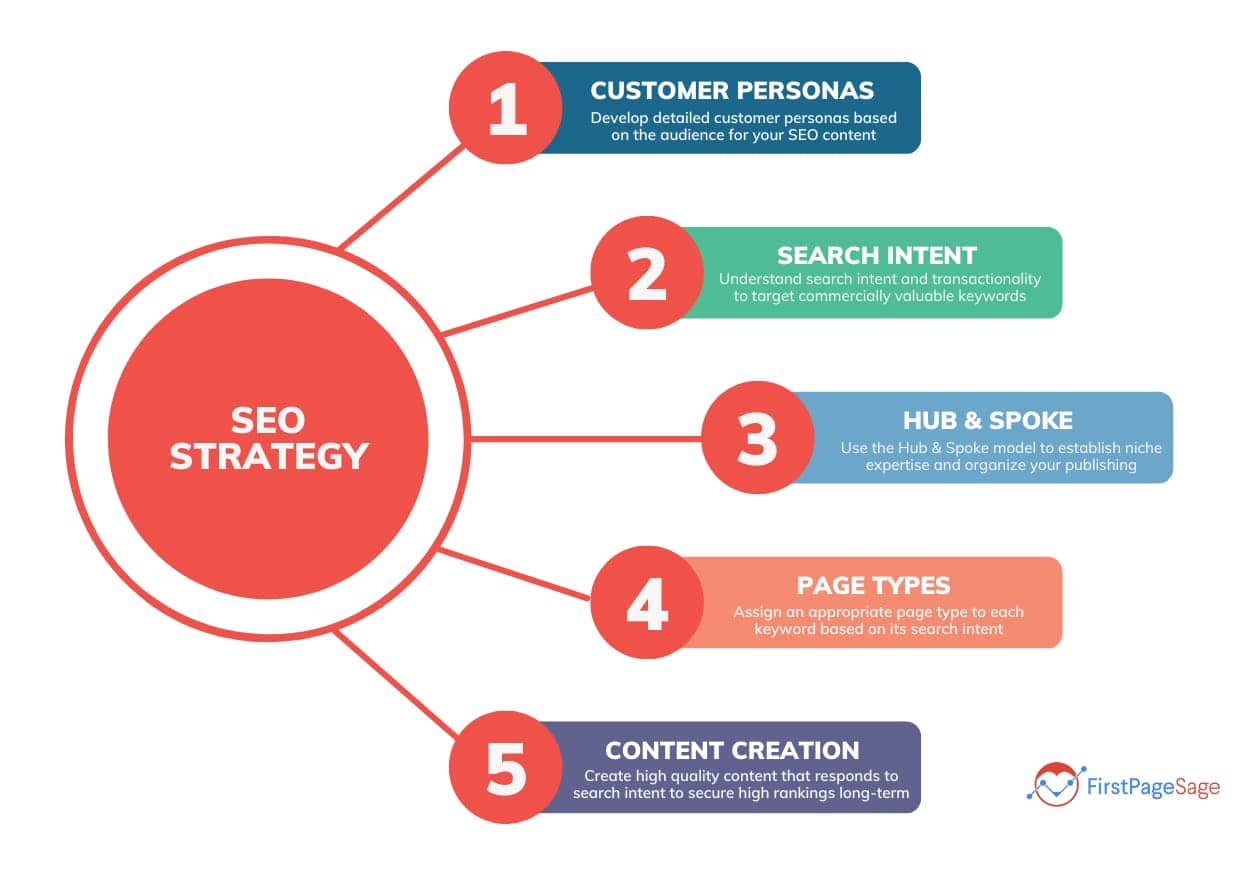SEO means Search Engine Optimization and is the process used to optimize a website’s technical configuration, content relevance and link popularity so its pages can become easily findable, more relevant and popular towards user search queries, and as a consequence, search engines rank them better.

SEO stands for search engine optimization. It’s essentially the process of ranking organically, right below the paid search ads, on any search engine. This can be Google, Bing, DuckDuckGo or any other search engine. SEO is an earned media tactic—rather than paying per click for search ads in the sponsored section on Google, your website ranks organically for intent-based searches. If someone clicks on your organic listing, you don’t have to pay Google for it. This makes SEO an efficient and often the most profitable way to drive new leads and sales for a business.
BENEFITS OF SEO>>>
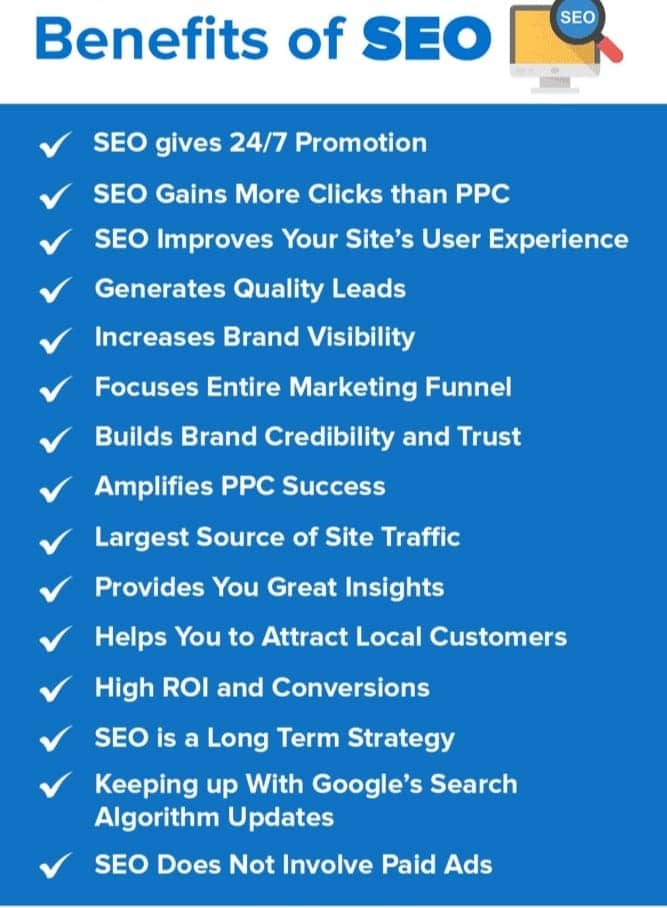
- SEO gives 24/7 Promotion
Search engine optimization does not depend on office working hours. Unlike paid advertising, organic, unique, and optimized content does not disappear just because you had a budget cut. As a result, your business can continue to reap the advantages of SEO 24/7, catering to your customers’ requirements even in your absence.
- SEO Gains More Clicks than PPC
- The click-through rate of SEO is much higher than that of PPC campaigns. Besides, the cost per acquisition is also much less when using SEO than in PPC.
- PPC ads might appear above the organic search results, but the clicks on the organic results are much higher. The reason for this could range from people’s trust in Google and distrust of sponsored links. They know which links are paid for and choose to trust the search engine to provide the best results. SEO is undoubtedly the better choice for conversions, long-term traffic, and ROI than PPC.
- SEO Improves Your Site’s User Experience
- Understanding what prospective users/customers are looking for is crucial. And this is not a one-time exercise as users’ behaviour and expectations may change with time. If they do not find what they want on your site or are struggling to find it, they may leave your site sooner than desired and not come back again. Even Google keeps reinventing the way it finds and populates search information on its SERPs and has now become an answers site after understanding what its users want from it (the need to actually visit a site is fast-waning as you can find all the information you need on a SERP itself).
- Google is constantly monitoring user behaviour, including the time spent on a page or site, the bounce rate, etc. to decide if they had a good experience while visiting a site. This is one of the most important Google ranking factors in SEO and cannot be ignored. Even if you place in the top search results for a brief period but fail to wow the users who make their way onto your site, your search rankings are bound to suffer with time.
- SEO Helps you Generate Quality Leads
- When compared to any other marketing strategy your business might implement, one of the significant SEO benefits includes generating high-quality leads and improving conversion. In addition, a planned and customized SEO strategy will increase your leads, customer base, generate higher revenue and sales, build brand awareness and help you connect with your target audience.
- By optimizing your home page and product content with high-ranking keywords, creating an active social media presence, and building authority, you can generate and convert the leads into sales.
- SEO Increases Brand Visibility
- The more relevant SERPs you show up at the top of, the more eyeballs you stand to grab, thus raising more awareness about your brand and your product or service offering. SEO helps you create sustained online buzz surrounding your brand, which in turn helps promote brand recall. With SEO, you can craft a definitive, standout brand voice that will help you connect with the user demographic you have in mind.
- Improved User Experience.
- Better User Experience: SEO isn’t only about improving your search engine rankings; it’s also about giving visitors to your website a better overall experience. You may improve the navigation and content of your website to make it simpler for users to find what they’re looking for. Establishing your brand as a thought leader in your sector can also be aided by a well-designed website with pertinent, high-quality content.
- SEO Focuses Entire Marketing Funnel
- SEO is neither a one-step process nor a one-off strategy. One significant benefit of SEO strategy is that it focuses on building content marketing strategies to complement every marketing stage. Understanding customers’ shopping journey is essential in defining an SEO strategy.
- A robust SEO strategy will have customized content targeting each step of the funnel to provide awareness, evaluation, and conversion. Executing content strategies specifically for the top-of-the-funnel or the middle can also go a long way in establishing credibility and loyalty, leading to better lead generation and conversion.
- SEO Builds Brand Credibility and Trust
- Being featured among the top search results on Google means that the search engine considers you as a relevant, useful and genuine source of information/content and prefers you to other sites that are in the running. SEO helps establish the authority of your site through various practices like getting backlinks from other reputable sites in your field, optimizing on-page content, identifying crawl errors and broken links, improving your site’s user experience, etc.
- While leading a Google user to your site is one thing, getting them to stay or keep coming back is quite another. SEO helps in achieving all of these goals while also working wonders for your brand’s credibility and reliability. But as is the case with most good things, this cannot happen overnight and will need continued effort from you.
- SEO Amplifies PPC Success
- When you invest in developing a sound SEO and PPC strategy, you get a cohesive campaign with significant chances of succeeding at the ranking war. PPC are paid advertisements and they appear right next to relevant searches thrown up by organic searches.
- A PPC campaign might provide you with immediate results, but it can become expensive to keep up in the long run. However, online retailers can harvest successful keywords in the PPC campaigns and optimize their pages organically. If your website ranks high for paid and organic searches, it means you have better visibility and credibility among your customers.
- SEO is the Largest Source of Site Traffic
- SEO is one of the best ways to engage in inbound marketing. When users search for something that is related to your niche, domain, or industry, they know what they want and are actively seeking information/leads. SEO helps target a specific demographic and bring in quality traffic to your site while not being intrusive or annoying like TV ads or telemarketing, for instance. SEO is very customer-centric and can help you target a specific section of people online.
- Google is the world’s most popular search engine, handling approximately 63,000 searches per second every day! This means that anyone with a desktop or smartphone and an internet connection visits the site to find answers to their search queries at least once each day.
- The no. 1 organic search result on a Google SERP receives 32% of clicks while the top three organic search results get 75% of all traffic. With SEO, you can reach out to those who are looking for what you offer in an efficient manner. Various reliable studies have found that it is responsible for bringing in 53% of site traffic, making it one of the top benefits of SEO.
- SEO Provides You Great Insights
- SEO comes with great insights into your customers, including the times of the year, month, or day they are most active, the regions from which the most traffic originates, the language they use while searching online for information, etc. While you can use the Google Keyword Planner to know the keywords that are most relevant to your business or niche, Google Analytics will tell you a lot about user browsing behaviour, their interests, etc. This will not only help you plan your SEO strategy but also course-correct in case you see new trends in user behaviour.
- SEO Does Not Involve Paid Ads
- Low overall costs are one of the biggest benefits of search engine optimization. While most digital marketing professionals bank heavily on or strongly recommend one form of online marketing over another, we believe that a good combination of both paid and non-paid marketing methods is the key to success. While paid marketing accounts for around 15% of a website’s traffic, it may not always be the best course of action for smaller businesses that are just starting off and have budget constraints that make it difficult for it to take on the high per-ad costs. On the contrary, SEO needs only a one-time investment in human resources and can produce long-term results.
- SEO Helps You to Attract Local Customers
- Local search focuses on geo-specific searches and local business listings. It is very important for small and medium-sized businesses to have their site optimized for the location they operate in. Having a properly optimized Google My Business profile and knowledge graph panel, tailor-making your site content to answer local search queries, having more favorable local users’ reviews on Google, etc. can help you attract local customers. And if you play your local SEO cards right, you can target people in a specific pin code, city, or even state.
- SEO Helps in High ROI and Conversions
- SEO accounts for a large chunk of a site’s traffic, which means that there can be more conversions. Whether you want to get your site visitors to make a purchase, subscribe to your newsletter, or share your content on their social media handle, SEO paves the way for it all. SEO is highly quantifiable – Google Analytics can give you unparalleled insight into every small action that you take and tell you what is working and what is not. As SEO is cheaper than other digital marketing methods and attracts the most site footfall, its return on investment is considerable too.
- Cost-Effective
- SEO is a reasonably economical tactic when compared to other types of digital marketing. For any organisation, SEO is a smart investment even though it could take some time and work to start seeing results. Furthermore, unlike paid advertising, SEO may still drive visitors to your website and produce leads for your company long after you stop actively optimising.
- SEO is a Long Term Strategy
- This is one of the most important advantages of SEO – it can start showing results anywhere between six to 12 months from the date of implementation and hold good for years to come. And that right there is one of the top reasons you must invest in either a good in-house SEO team or look at outsourcing the work.
SEO: – How It Works??
First of all, it’s important to understand that it takes much longer to see results from SEO compared to paid search ads. Typically, it takes about six to 12 months. This makes SEO better suited for long-term projects, permanent products and general brand awareness. Brands looking for a quick response or awareness for products that have very short sales cycles aren’t likely to benefit as much from SEO.
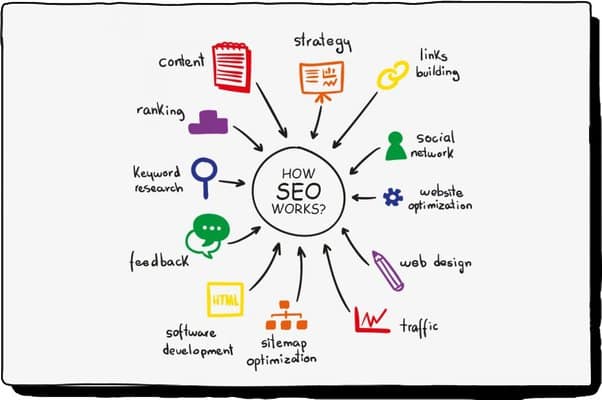
SEO: – Why It’s Important ??
In short, SEO is crucial because it makes your website more visible, and that means more traffic and more opportunities to convert prospects into customers. Check out the SEO tools you can use for optimal ranking.
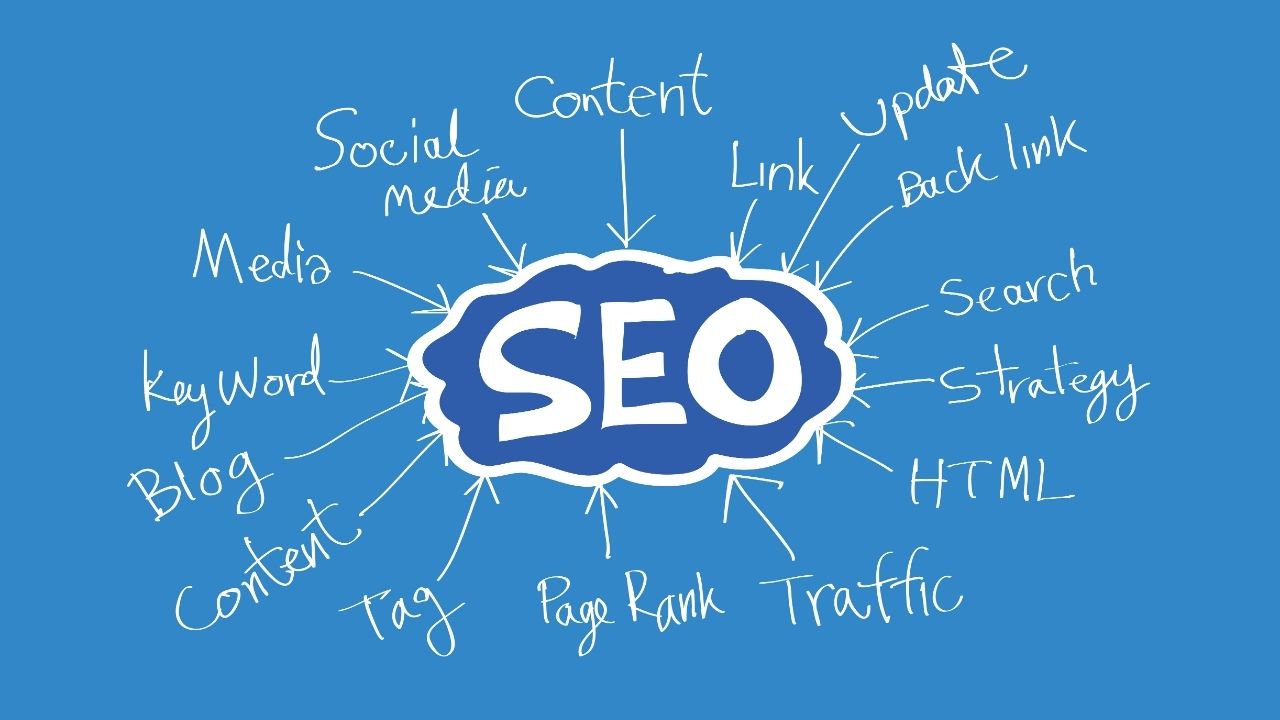
Core Elements of SEO: On-Page SEO, Off-Page SEO, and Technical SEO.
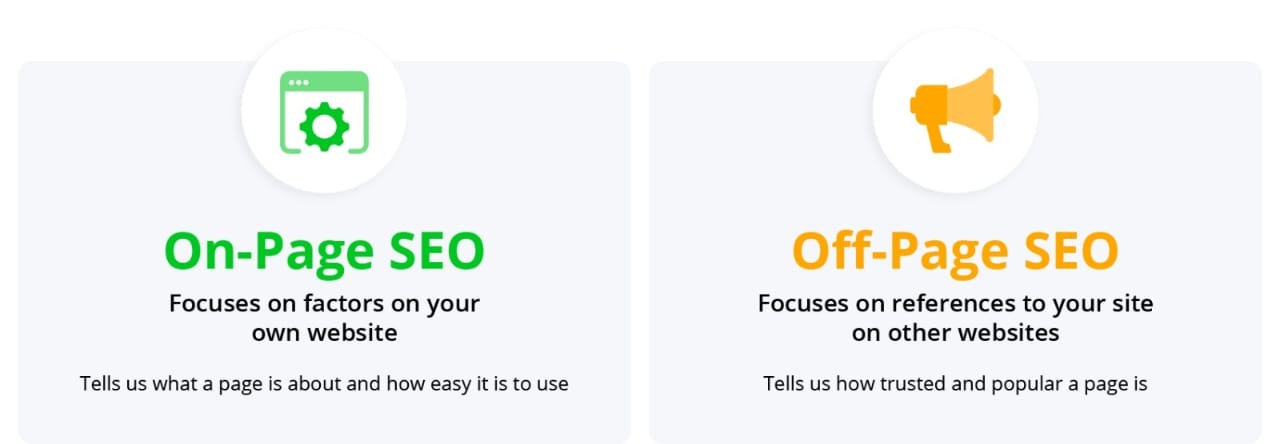
When it comes to optimizing your website for Google, there are three equally important types of SEO you need to do: on-page SEO, off-page SEO, and technical SEO.
- On-page SEO : Is the process of optimizing your website’s content. This includes creating high-quality content and incorporating target keywords.
- Off-page SEO : Is the process of improving your website’s trust and authority through backlinks.
- Technical SEO :Is the process of optimizing your website’s technical aspects, like its page load speed and structure.
SEO RANKING FACTORS :
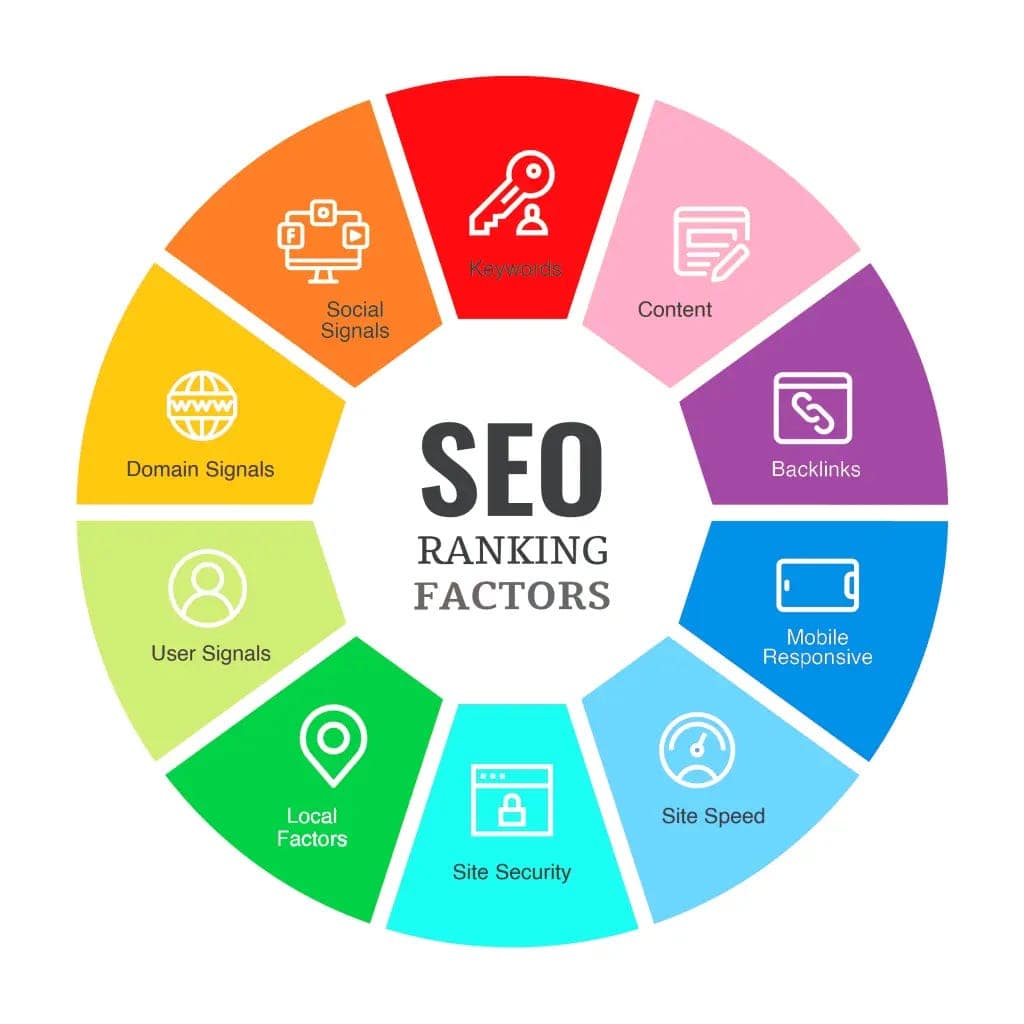
Top SEO Ranking Factors to Consider in the Year
2024
SEO (Search Engine Optimisation) ranking factors are the various factors that search engines such as Google, Bing, and others consider when determining the relevance and importance of a web page or website for a particular search query.
The following are some of the most important SEO ranking factors:
Websites Gain Trust by Having Authenticated
Domain
Google claims that since only 1% of all searches are conducted globally, SSL is a minor SEO ranking consideration. So, let’s say that any webmaster still uses HTTP, the unsafe version of the Hypertext Transfer Protocol. In that case, he should immediately switch to HTTPS because it doesn’t significantly impact a website’s rankings. Using HTTPS is a quick win that most web admins can implement in under five minutes.
An important thing to note is that if a website is secure, people will automatically trust it. If you are searching for the top website development companies in Hyderabad, you are at the right place to get your websites developed.
Backlinks with Quality
Most search engine algorithms, particularly the Google ranking algorithm, are built on PageRank (PR). Yet, as stated on the “How Search Works” website, and by Google representatives, the foundation of PageRank is quality backlinks (PR).
Even unbiased studies support the connections between backlinks and a website’s organic traffic. So, it can be said that the most important SEO ranking element for any search engine is high-quality backlinks.
The ability of backlinks to move a website page up in the SERPs depends on several other important elements. Yet authority and relevance are the two key components.
Updating Fresh Content
The freshness of the content is the third crucial SEO ranking criterion on our list of ranking signals. This ranking element is more important for some ranking inquiries than others.
People won’t want outdated (four-year-old) material for a search query that focuses on the news. They would choose the most recent outcomes.
A user will also want current results if he searches for the “best smartwatches” because technology introduces new models every year. Yet, older searches still work perfectly for queries like “how to breakdance” or “how to tie a tie.”
Topical Authority of Your Website
Instead of concentrating just on the websites’ backlinks, referring domains, and domain ratings, search engines prefer websites from reliable sources.
So, a website that fully explores every subject inside a single niche is more credible for search engines than a website that targets numerous sub-niches.
Quality of the Content
Content quality is one of the most important on-page SEO elements for search engine optimization. So, bloggers and writers should thoroughly research their subject before beginning the writing process.
The points that other authors have covered and overlooked in their published web pages should be sought out by writers throughout the research phase. They can therefore produce in-depth or high-quality material by including those aspects.
However, this does not imply that authors should copy the work of other authors since search engines also value unique content. So, they ought to utilise a plagiarism detector to determine whether the written material is original.
Speed of the Page
For most search engines, particularly Google, page speed is one of the most important ranking factors.
Most people are fixated on speeding up their websites in minuscule amounts of time. From an SEO standpoint, it is irrelevant for the majority of websites.
Hence, bloggers and web admins should increase the speed of their websites only if they are extremely slow because users will leave a website that hasn’t loaded.
Please note that the visitors won’t even see the content of a website’s pages if they can’t wait for them to load. They also won’t use the website to buy anything.
TECHNICAL SEO
Technical SEO is all about improving a website’s technical aspects to increase its pages’ ranking in the search engines. Making a website faster, easier to crawl, and more understandable for search engines are the pillars of technical optimization.
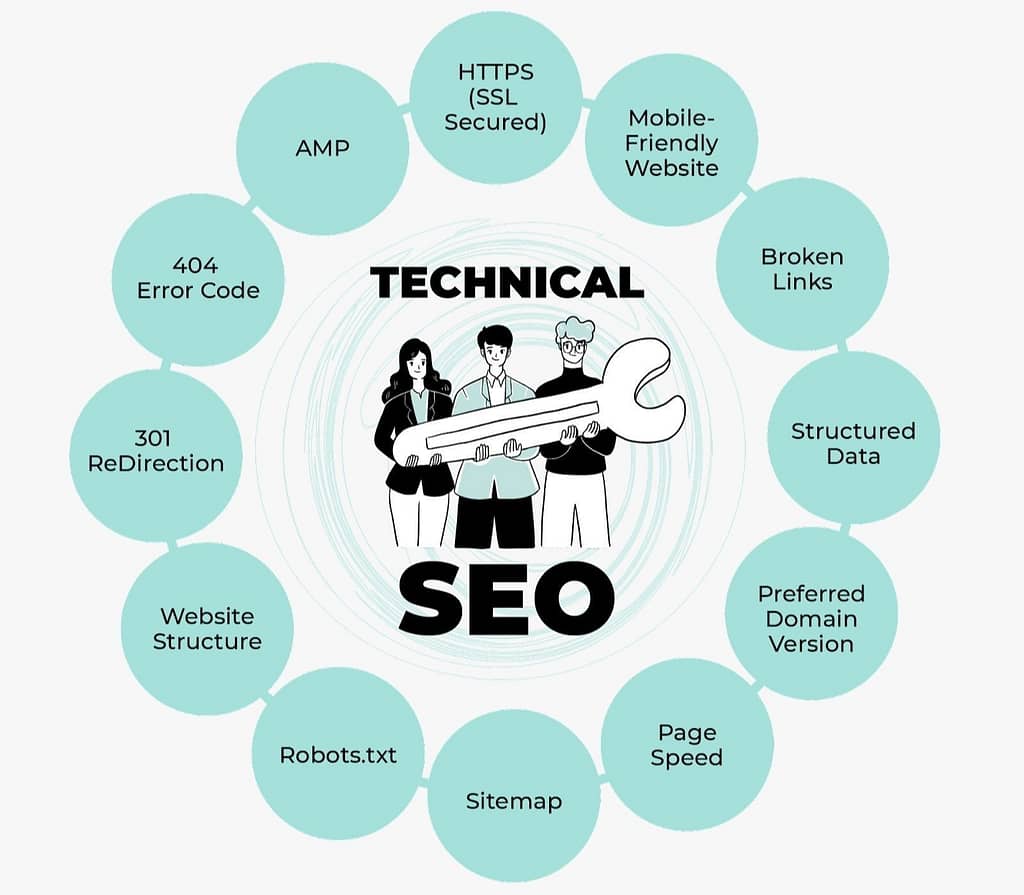
WHAT ARE THE TECHNICAL CATOGORIES??
For aspiring digital marketing and SEO professionals, understanding the three pillars of SEO – Technical, On-pge, and Off-page – is crucial. These factors influence your site’s performance and crawlability, the quality and structure of your content, and the off-site factors that boost your site’s credibility.
SEO TOOLS
